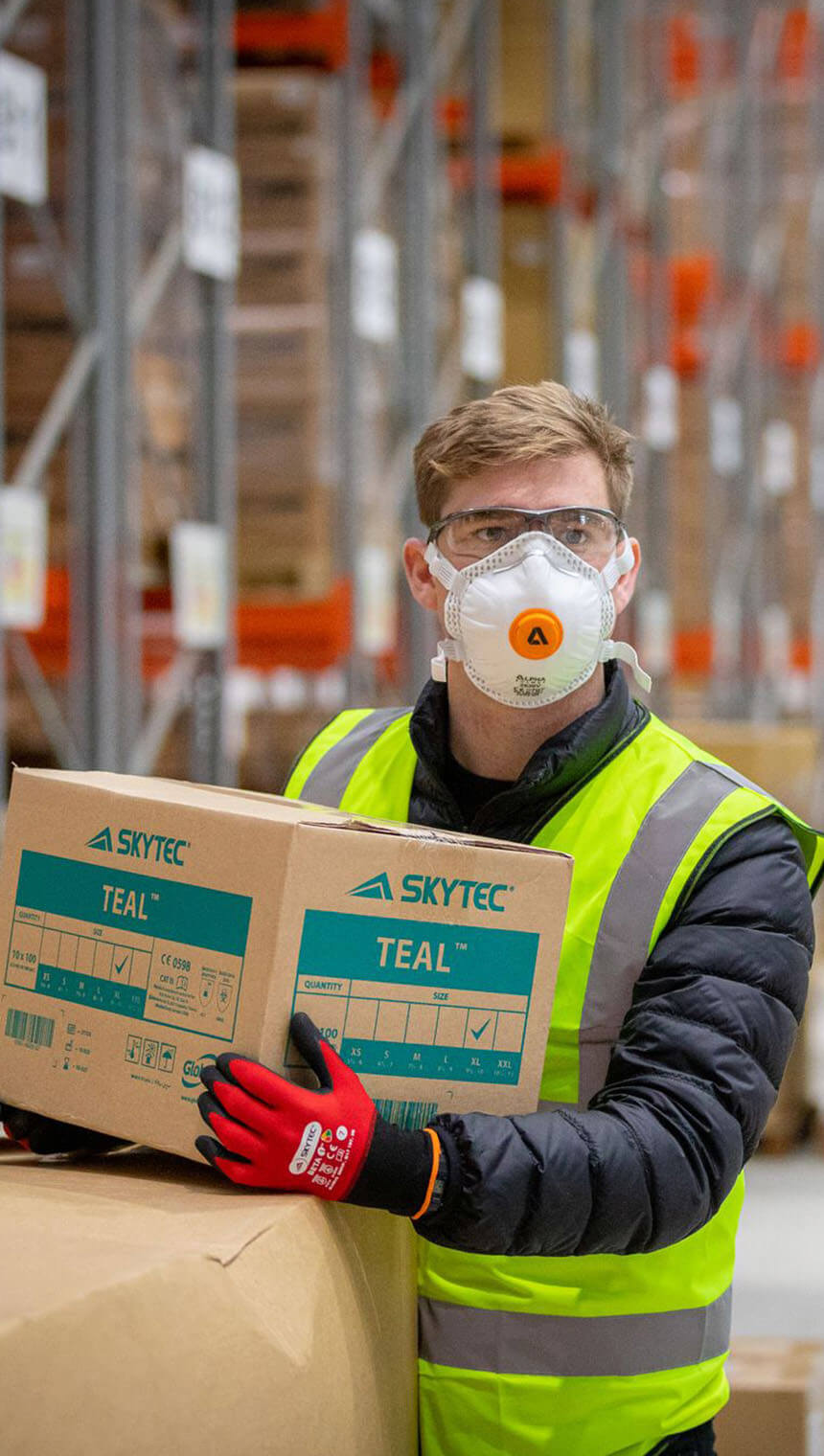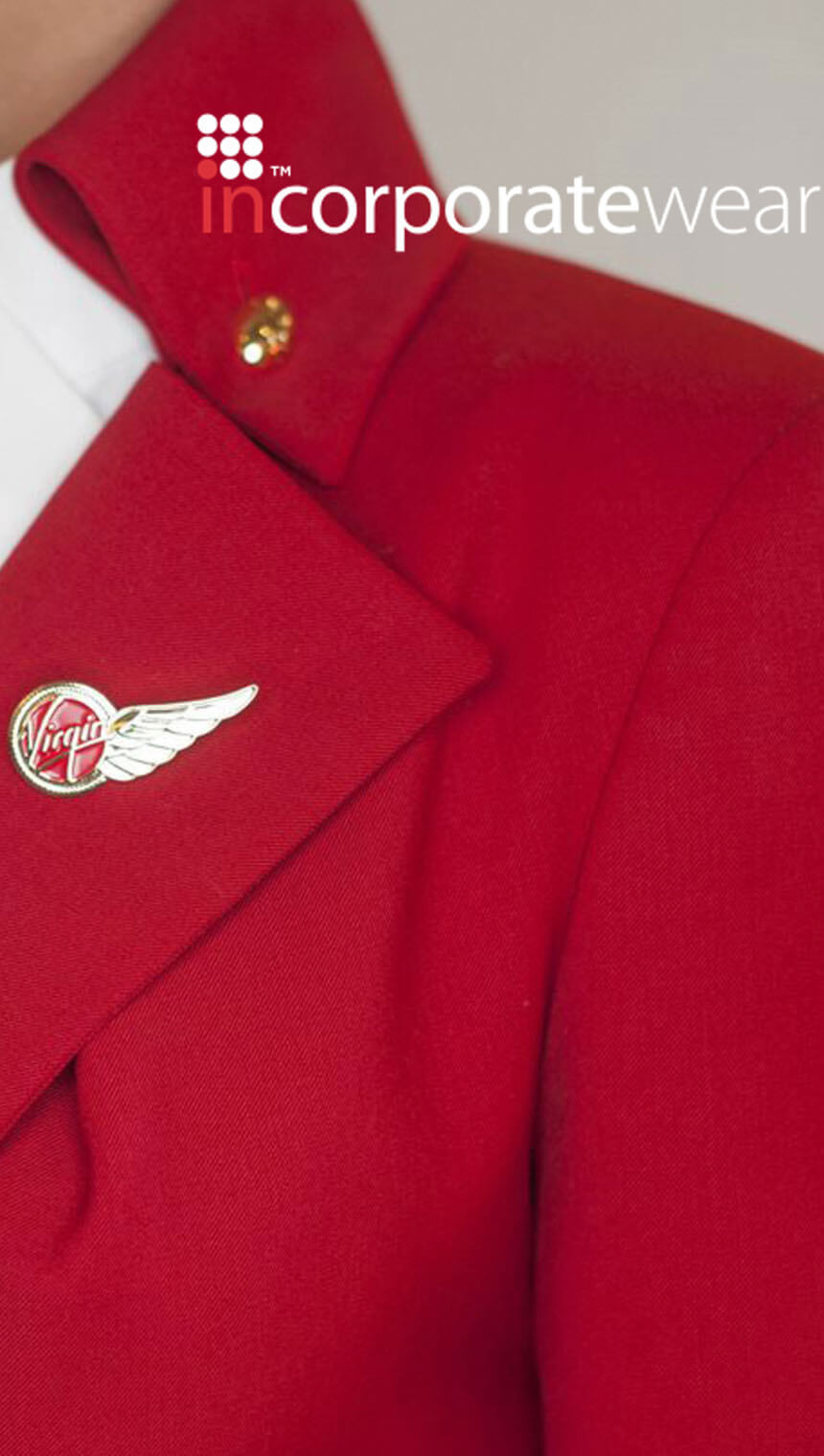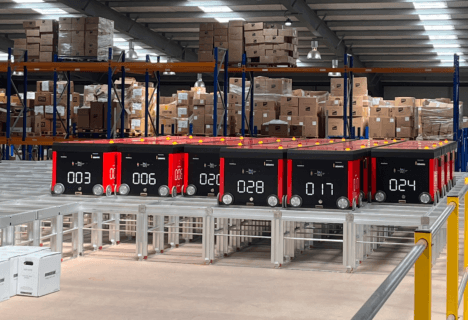Christmas Food Bank Donation
13 Million people live below the poverty line in the UK, with individuals going hungry every day for a range of reasons, from benefit delays to receiving an unexpected bill on a low income. The Trussell Trust partners with local communities to help stop UK hunger by supporting food banks across the country.
The food banks provide a minimum of three days emergency food and support to people experiencing crisis in the UK. In 2016/17, they gave 1,182,954 three day emergency food supplies to people in crisis.
This year we donated to our local food bank Kingfisher food bank who are hoping to bring festive cheer to families struggling to eat this Christmas. For some families, the Christmas hampers given out alongside the standard 3-day food parcels will be their only treat this Christmas. The hampers contain items like mince pies, puddings, tinned ham, chocolates and other festive treats.
Both of our sites were part of the collection and we filled 3 large boxes and several bags with food, drink and toiletries that will hopefully bring some Christmas joy to individuals and families struggling this year. When visiting the food bank the volunteers were busy sorting and packing the items and they had lots of donations with more coming in by the minute which was great to see.
How do the foodbanks work?
Food is donated – Non-perishable, in-date food is donated to the food banks by individuals, schools, churches, businesses etc
Food is sorted & stored – Volunteers sort the items and pack them into boxes ready to be given to people in need. Over 40,000 people give up their time to volunteer at food banks.
Professionals identify people in need – Food banks partner with a wide range of care professionals such as doctors, health visitors, social workers and police to identify people in crisis and issue them with a food bank voucher.
Clients receive food – Food bank clients bring their voucher to a food bank centre where it can be redeemed for 3 days emergency food. Volunteers meet clients and are able to signpost people to agencies able to solve the longer-term problem.
What is in the food pack?
The Trussell trust has worked with nutritionists to develop a food pack that contains sufficient nutrition for adults and children, for at least 3 days of healthy, balanced meals for individuals and families. A typical food parcel includes things like cereal, soup, pasta & rice, tinned meat, vegetables and fruit. Many food banks also provide essential non-food items such as toiletries, whilst some can also provide fresh food.
When visiting the food banks, a volunteer will also run through the food parcel packing list with the visitor to check any special dietary requirements they may have.
More than Food
Food banks are widening their support beyond food to help people in crisis break the cycle of poverty. The Trussell Trust have been supporting food banks to develop the More Than Food programme, to help them develop into community hubs, providing people in need with emergency food and a range of support in one location. This support includes:
- Money life – money management charities provide tools and courses to help tackle debt and financial difficulties.
- Eat well spend less – Basic cookery, nutrition and budget management courses to help people to eat healthily on a low budget.
- Holiday clubs – helping children and families at times when free school meals are not available by offering food and fun activities.
- Tackling fuel poverty – Supporting people get through fuel crisis with fuel vouchers and guided self-help.
To find out more and how you can help visit the Trussell Trust website below











